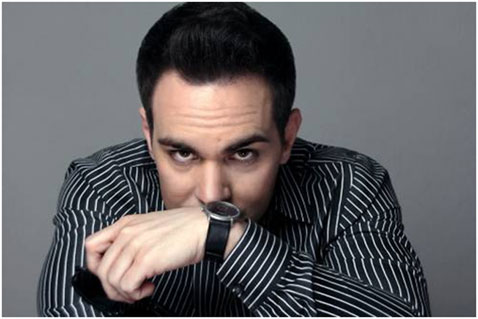
In a recent development, a lawyer in Cherry Hill, New Jersey, named Justin L. Scott, has faced censure by the New Jersey Supreme Court for improperly accessing his former law firm’s computer system to monitor the business activity of his former partner. The disciplinary action was taken on May 31, according to a report by Law360.
Scott and his partner, Charles Bratton, were engaged in the practice of elder law at their Haddonfield, New Jersey firm, which eventually became known as Bratton Scott. A disagreement arose between Scott and Bratton regarding Scott’s departure from the firm, with differing accounts of whether Scott was fired or left voluntarily, as permitted by their partnership agreement.
The incident came to light when a new attorney at Bratton’s firm noticed unusual activity while using a laptop previously used by Scott. The attorney observed an incoming connection to a remote access program called TeamViewer, and the computer screen started moving without their input. Sensing something was amiss, the attorney took control of the mouse and terminated the connection. Upon investigating further, the attorney discovered a TeamViewer connection named “Justin Scott” on their computer and promptly reported the incident to Bratton.
A subsequent investigation conducted by a forensic computer company revealed that Scott had accessed the computer system on six occasions in 2019, all after his departure from the firm. Although no files were found to have been copied or transferred, the remote access allowed Scott to view various applications on the laptop, including the Time Matters program, which raised concerns about potential breaches of confidentiality.
Find your next superstar hire with BCG Attorney Search – submit your job openings now.
Disputes arose between Scott and Bratton regarding the installation of TeamViewer on the laptop. Scott claimed that the firm’s technology company had installed the program to facilitate remote work, while Bratton asserted that their office did not use TeamViewer and he did not authorize its installation. A representative from the technology company confirmed that they had not installed TeamViewer on the laptop.
Initially, Scott claimed that the TeamViewer access was accidental. However, five months later, he admitted that the access was intentional, acknowledging that he logged in to view Bratton’s calendars. Scott revealed that his primary motive was to assess the status and success of Bratton’s legal practice, comparing it to his own. He admitted to searching specific names to identify professionals who were referring clients to Bratton. Scott attributed his actions to competitive conduct and described them as having “fallen into stupidity,” as outlined by the disciplinary review board.
The disciplinary review board concluded that Scott was fully aware that he was not permitted to access the firm’s computer system but chose to do so regardless, driven by his curiosity about Bratton’s practice. It also determined that Scott initially misrepresented the reason for accessing the computer system and found substantial circumstantial evidence indicating that Scott had installed TeamViewer.
Before this incident, Scott did not have a history of disciplinary action. However, the New Jersey Supreme Court censured him for violating ethics rules, specifically pertaining to making false statements of material fact to disciplinary authorities, engaging in conduct reflecting adversely on a lawyer, and exhibiting dishonesty or deceit.
In response to the developments, Scott declined to provide an immediate comment to the ABA Journal, stating that he would need to consult with his attorney before making any statements.
This case serves as a reminder of the importance of maintaining ethical standards and respecting client confidentiality within the legal profession. The unauthorized access and monitoring of a former firm’s business activity violate professional ethics and erode trust within the legal community. The disciplinary action taken against Scott highlights the serious consequences that can arise from such misconduct, emphasizing the need for lawyers to uphold the highest standards of integrity and professionalism in their practice.









































 Read the full report here: The Trusts and Estates Law Boom: A Comprehensive Analysis of Market Trends, Career Opportunities, and Regional Variations
Read the full report here: The Trusts and Estates Law Boom: A Comprehensive Analysis of Market Trends, Career Opportunities, and Regional Variations  Trusts & Estates Law Is Booming BCG Attorney Search’s latest report reveals why this once-niche practice […]
Trusts & Estates Law Is Booming BCG Attorney Search’s latest report reveals why this once-niche practice […]
